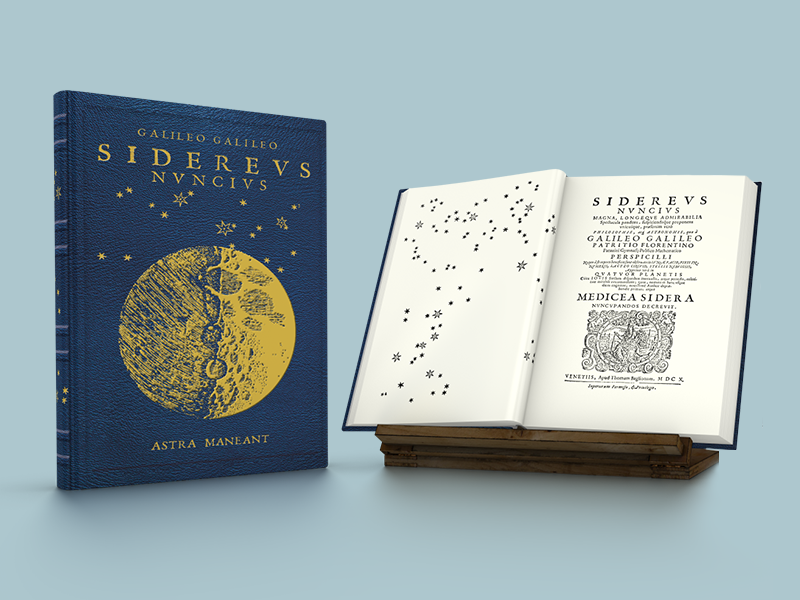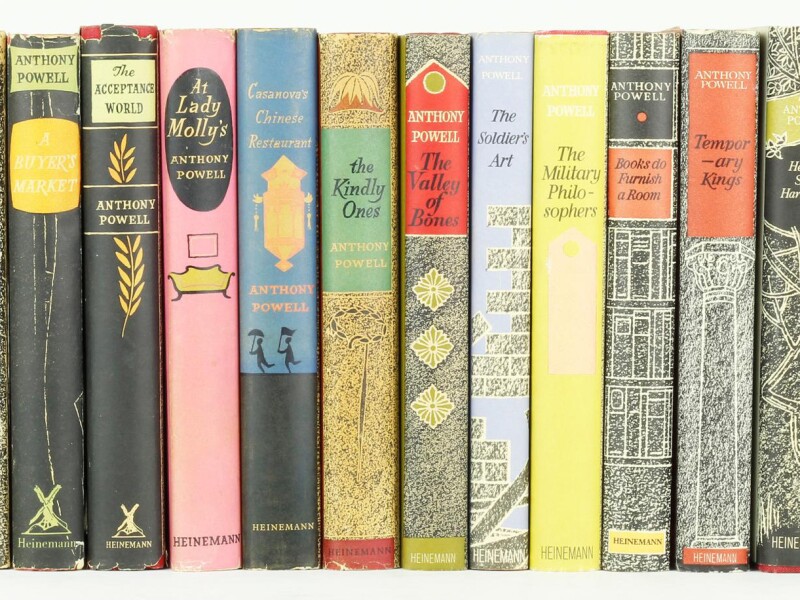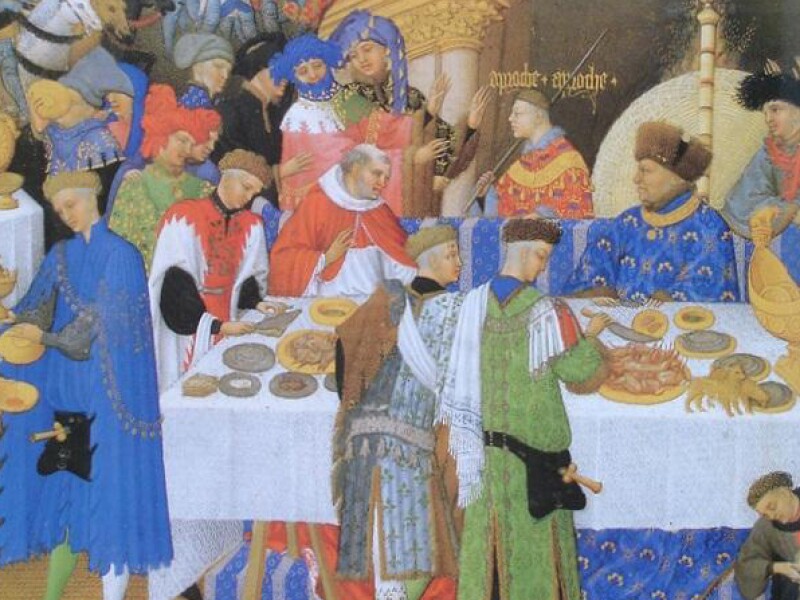
There are a variety of places where you can purchase books for your collection, and a number of things that you should always be cognisant when buying a rare book.
Rare book fairs
A rare book fair is a trade show of sorts where booksellers from a specific region, country, or from across the globe gather, bringing their best and most interesting books to sell. These events are an excellent chance meet a large number of booksellers and see a vast number of books.
An independent bookstore
Among independent bookstores which specialise in rare books there are different varieties. Some will be a traditional bookstore which you have visited, with a store front, regular business hours, and a shop keeper where you can browse and handle various books. Other more high end rare book stores will more resemble art galleries, again keeping regular hours but very different in appearance. Different still are the rare booksellers who work out of their home or a small warehouse, sell most of their items via catalogue, auction, or the Internet and only open their doors to the public via appointment. You should never hesitate to set up an appointment with this sort of bookseller but be aware that you should never arrive un-announced. Lastly there are independent book dealers who conduct their entire business online.
Internet
The Internet has vastly changed the world of bookselling. Gone are the days of placing a classified advertisement in the AB Bookman magazine explaining your desire to buy a specific volume all in the hopes that a book dealer (or collector) who had the volume on offer also happened to read that specific issue and contact you. Now a collector can simply search the inventory of booksellers from around the globe from the comfort of their home, and purchase books they require for their collection to be shipped to their doorstep. On the Internet there are a few different types of businesses that you, as a buyer, should be aware of.
- Bookstores and booksellers web pages – Many booksellers will have their own website. This can be as simple as a page telling you where their physical store is located or it might include searchable inventory which allows you to buy directly from the bookseller.
- Marketplaces – A marketplace is a website where a large number of booksellers list their books in single searchable inventory. AbeBooks' advanced search is designed to help book collectors. This allows the collector to simultaneously search thousands of book dealers for the best deal or the rarest books. Marketplace websites nearly always include the option to conduct the payment transaction through the marketplace website rather than the bookseller. In this way a marketplace website acts similarly to an auction house providing a forum and tools for the buyer and seller to conduct their business.
- Metasearch Sites (book search engines) – This is a website which takes the inventories of many different marketplaces, as well as bookstores, and includes them all into a single search result. These sites are more like a search engine (ie Google) than an actual book shop in that they help you find somewhere to buy the book you want rather than actually selling you the book. BookFinder.com is an example of a metasearch site.
Garage sales, flea markets & charity shops
More often than not here is where you will learn that an old book is usually just an old book, but if you really know your stuff occasionally you can find highly interesting books and nearly always at a fantastic bargain price.
Auctions or estate sales
Whether it's at a world famous auction house like Christies or Sothebys or a small auction house in a rural town, auctions can be a fun and exciting way to buy books. Attend previews, do your homework and plan your purchases.
Catalogues
Booksellers produce catalogues for two reasons, first to highlight the cream of their inventory. Second a bookseller will produce a catalogue as means of distinguishing themselves as a destination for the finest books available, and because of this a bookseller can spend an immense amount of time and money to create an amazingly beautiful printed document.
Because they are so meticulously researched and beautifully laid some collectors include the catalogues themselves as part of their collection to be used as bibliographies and conversation pieces.
Catalogues can be educational and contain a large amount of information relevant to collectors.
Now that you are familiar with the various places you can buy collectible books here are some rules of thumb to contemplate when you are about to purchase a book. These should be considered rough guidelines rather than hard and fast rules, as there are a great many exceptions and the most important thing n is your personal preference.
- Condition is the single most, and sometimes considered the only, important thing for a collector to consider when buying a book. Most guides to collecting suggest that one should never settle for a 'good' copy when a 'fine' copy is available. By purchasing the best possible copy that you can afford you will increase the chances of your collection appreciating in value.
- Before seeking out a first edition research its printing history, and any issue points associated with the title.
- Books which were more expensively produced and thus more expensive at original purchase will be more likely to have been kept in optimal condition and this will affect their rarity in subsequent decades. Remember this when looking to purchase limited or deluxe editions as well as large (ie folio) editions. It is more likely that a high percentage of these kinds of books will remain in fine condition.
- On the contrary books designed for children are less likely to survive in fine condition and are more likely to carry a premium price in that state.
- Ephemera (newspapers, pamphlets, etc) are not inherently rare, however owing to the fact that these items were created to be disposable means that any specific copy may be difficult to track down in later years, especially if the event or article which makes that copy desirable was of unforeseen importance at the time of printing (thus not affecting the print run)
- The equation for the price of any book is simply an expression of the existing supply against the current demand. Rarity will usually trump popularity when it comes to influencing the price. A good practice is to learn how many copies were in the original print run before committing to an acquisition.
- Is the book out-of-print and will it ever come back into print? Some books, despite popularity, continue to remain out-of-print and this knowledge that no further copies will become available can affect the price. The website BookFinder.com produces a list of the 100 most sought after out-of-print books each year and call it The BookFinder Report.
- Books that had a direct link to the author, publisher, editor ,etc are called Association copies and often command a high premium. These books often have a book plate from the author's library, an inscription from the author to a family member or even the editor or some other distinguishing mark.
- Avoid books which have been subject to heavy restoration when an unrestored copy is available.


